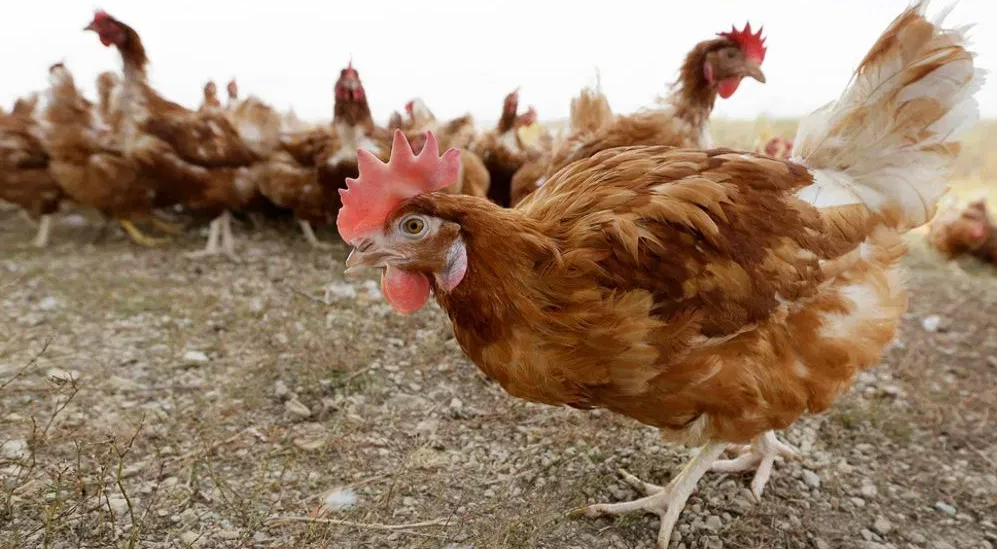
(DNLR) — The CNMI Department of Land and Natural Resources, Division of Animal Health, is enacting immediate measures to protect local poultry and wildlife from the risk of Highly Pathogenic Avian Influenza or HPAI, following its recent detection in Hawaii. As HPAI can spread rapidly through migratory birds and the movement of poultry, these proactive steps aim to prevent the virus from reaching our shores.
New import restrictions:
• Effective immediately, there is a temporary ban on all imports of hatching eggs and live poultry from Hawaii.
• The ban on imports from the U.S. mainland remains in effect.
HPAI, a highly contagious virus, causes severe illness and high mortality in domestic poultry and is classified as a zoonotic disease, meaning it can infect humans and other animals, including cattle, under certain conditions. While transmission to humans is rare, the virus poses significant risks, particularly to those in direct contact with infected birds or contaminated environments.
The detection in Hawaii serves as a critical reminder of the potential dangers to islands in the Pacific, including the CNMI, especially during migratory bird season.
“If HPAI can reach Hawaii, it can reach here,” said Lauren Cabrera of the DLNR Division of Animal Health. “Our goal is to take every precaution to protect the CNMI’s poultry industry and safeguard our wildlife.”
What you can do
Remain vigilant and help us protect the CNMI by taking the following steps:
1) Monitor your flock: If you raise poultry, closely observe their health and promptly report any signs of illness or unexplained deaths to the Division of Animal Health. As many poultry in the CNMI are free range, please take extra care to evaluate your flocks daily.
Reports can be submitted via email to cnmianimalhealth@gmail.com or by phone at (670) 256-3319.
2) Report sick or deceased wild birds. Contact the Division of Fish and Wildlife to report any sick or deceased wild birds at (670) 664-6000.
HPAI symptoms in poultry may include sudden death, decreased appetite, drop in egg production, swelling of the head, lack of coordination, runny nose, redness of eyes, bluish discoloration, coughing/sneezing and difficulty breathing.
The DLNR Division of Animal Health will continue monitoring the situation and provide updates as necessary. Thank you for your cooperation in protecting our islands from the spread of HPAI.











